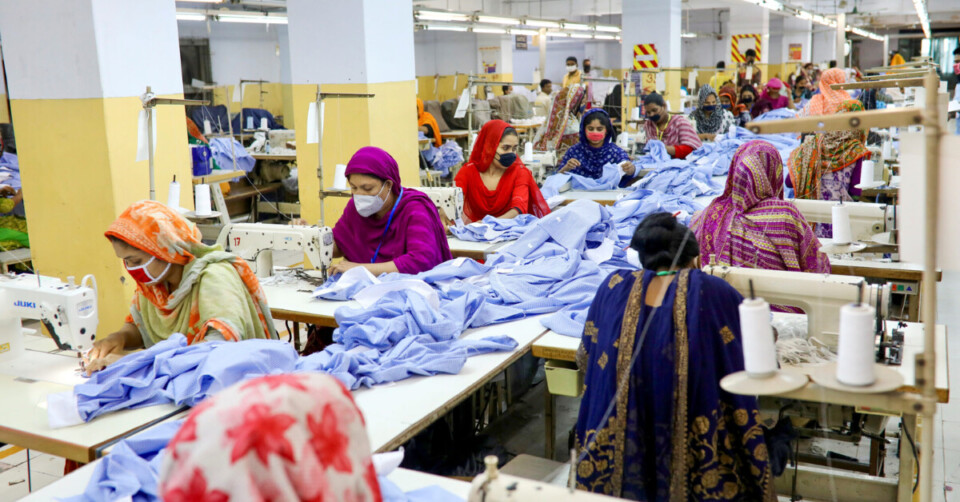Bangladesh’s textile sector is facing growing uncertainty after the United States introduced new tariffs on imported garments, a move manufacturers warn could seriously impact exports and put jobs at risk.
Industry representatives say the additional duties, though not directly aimed at Bangladesh, are affecting a range of products that overlap with its exports. As one of the world’s largest suppliers of ready-made garments, Bangladesh relies heavily on the US market, which accounts for a significant share of its foreign earnings.
“This is a major setback for our industry,” said a leading member of a national garment association. The increased costs will discourage American buyers from placing orders, and we’re already seeing signs of hesitation.
The textile industry is the lifeblood of Bangladesh’s economy, contributing more than 80% of the country’s export revenue and employing millions of workers. Factory owners fear that prolonged trade disruption could lead to reduced production, order cancellations, and layoffs.
“Our production lines are running, but buyers are asking questions,” said a factory owner from Narayanganj. “They want to know if prices will go up or if shipments will be delayed. The uncertainty is hurting confidence.”
In response, government officials are reportedly reaching out to US counterparts to discuss the situation and explore the possibility of easing the impact on Bangladesh’s exports. However, with global trade conditions already strained, solutions may take time.
Economic analysts warn that if the situation continues, it could slow down growth in a sector that has only recently begun recovering from the effects of the pandemic and global inflation.
“The textile sector is too important to fail,” said one economist. “Any shock here affects not just factories, but entire communities.” As the country navigates the evolving trade landscape, industry leaders are urging for quick action, policy support, and international cooperation to safeguard the future of Bangladesh’s garment industry.

